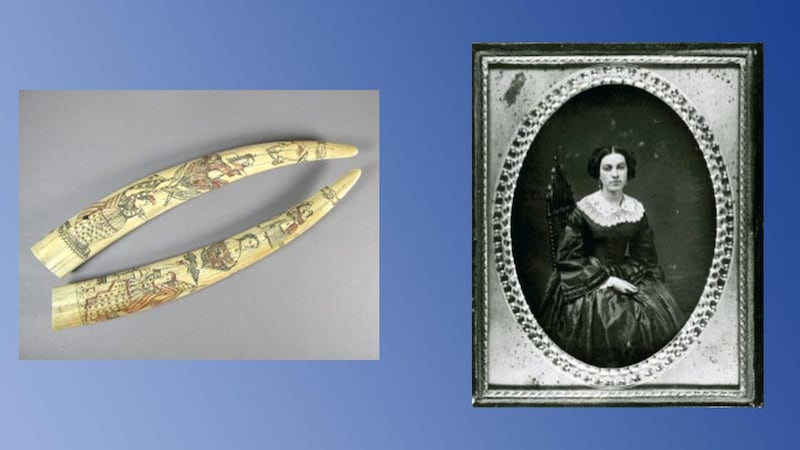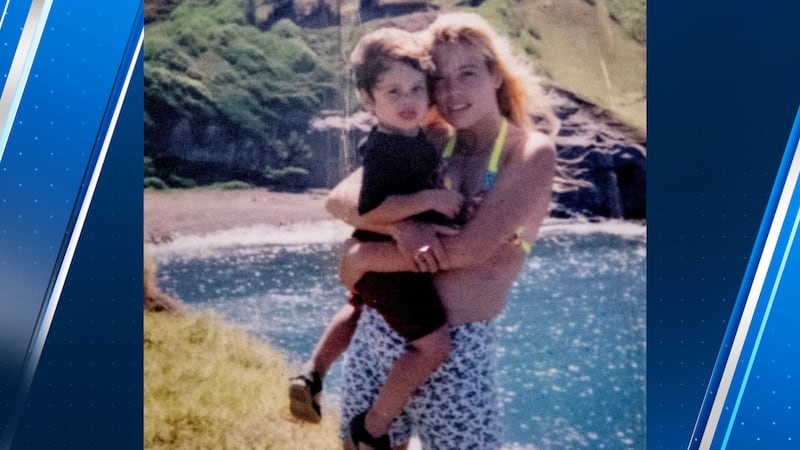ELLENSBURG, Wash. — An Ellensburg mother says a simple device placed on her newborn may have saved her child earlier this year.
In this week’s Healthier Together, KIRO 7′s Ranji Sinha spoke to that mother whose child was infected with RSV about why that device was the difference between life and death.
Tanya Herbert works in the healthcare industry, and admits she tries to separate patient care from emotions often, but when her child got sick, it was different.
“Being on the patient end of it, oh it’s awful,” Herbert said.
She now knows that the helpless feeling of having a sick child is something no parent wants to experience.
Herbert admitted that after her child was born, she experienced anxiety during her postpartum period. She had sleepless nights but says one night in particular just felt wrong.
“It was probably like 1 or 2 a.m. and I just had this mother’s intuition,” she told KIRO 7 News.
Herbert said she found her newborn son Henry wheezing and fighting to breathe.
That’s when she went to check an app connected to a device – a sock wrapped around Henry’s ankle that measures his vitals. It’s called an Owlet sock, and it showed Henry’s O2 levels at a dangerous 82%.
“Had I not woken up and seen that information,” Herbert said, “I think would have been more concerning.”
While hospitalized for his treatment of respiratory distress, her son tested positive for RSV. She credits the device that kept track of her child’s vital signs as the difference between severe illness and life or death.
“Catching this RSV early before it gets worse is always comforting,” Herbert told KIRO 7. “Honestly, I don’t know what would have happened if I didn’t have that info.”
The Centers for Disease Control (CDC) says RSV is the leading cause of infant hospitalization in the U.S.
Dr. Nicole Saint Clair, Executive Medical Director of Regence BlueShield, says parents need to know the risks RSV poses to newborns.
“There are currently recommendations for women in pregnancy to receive RSV vaccination to give some additional protection to their newborn,” Dr. Saint Clair told KIRO 7. “Babies don’t really make their own antibodies for about six months. They really rely on what they’ve gotten from the mom.”
Dr. Saint Clair says seniors are also at risk. As we get deeper into the fall and winter the CDC expects to see cases peak.
The National Foundation for Infectious Diseases says each year in the U.S., RSV leads to approximately 2.1 million outpatient visits, and 58,000 to 80,000 hospital stays.
In late 2023, the Food and Drug Administration (FDA) cleared devices like the Owlet sock for use in the U.S.
The American Academy of Sleep Medicine says it can be used on healthy infants aged one to 18 months and between six to 30 pounds.
Tanya Herbert told KIRO 7 that having a bedside alert system was not only a safety net – but also gave her peace of mind.
“Having those vitals in your hand really will help navigate the health of the child,” she said. “I’m just glad he’s alive.”
©2024 Cox Media Group





